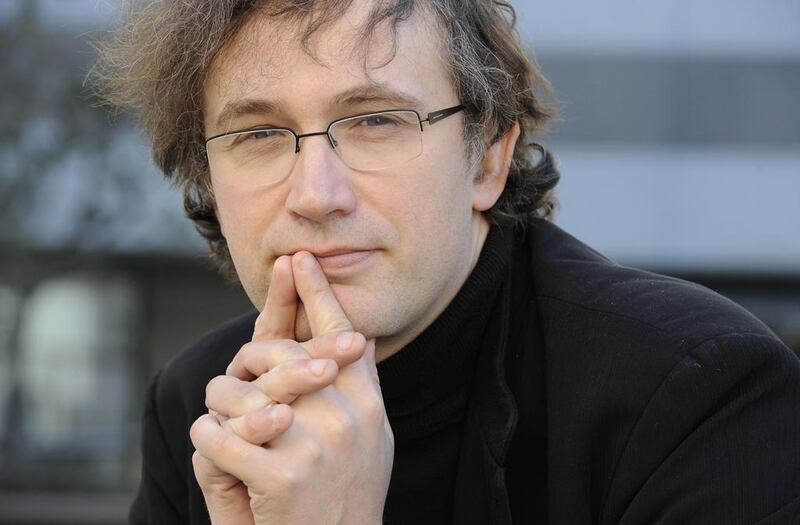In the stereotypically regimented world of classical music – which divides composers from musicians, and frowns upon improvisers of any sort – organist Thierry Escaich is a man who breaks all the rules.
The 50-year-old Frenchman is equally renowned for composing his own works and performing those by others. He has also earned a notable reputation for long, improvised recitals, often spontaneous “cine-concerts” soundtracking silent movies.
This variety of hats has also made Escaich something of a national treasure. When Jean Nouvel's controversial Dh1.6 billion Philharmonie de Paris was unveiled last year, it was Escaich who was commissioned to compose a commemorative piece. His Concerto for Orchestra was performed by the resident Orchestre de Paris, under the baton of Paavo Järvi.
Tomorrow, Escaich will join the same ensemble and conductor onstage at Emirates Palace, to perform Saint-Saëns's Third Symphony. Known as the Organ Symphony, it is a work dear to his heart.
“It’s a really important piece – the best by Saint-Saëns – and the first time in the story of music that we have this connection between organ and orchestra,” he says.
It is a cliché that classical musicians cannot, or will not, improvise – Escaich blames that on the rigid nature of modern education.
Indeed, in many ways, his approach mirrors that of the greats – composers such as Bach and Chopin were renowned improvisers who would invent on the spot at recitals, in-between performing their own compositions and the work of others.
“My first contact with music was improvisation, when I was 5 years old,” he says.
“All music comes from improvisation – when I am a composer, I try to keep the sense of improvisation. And when I improvise, I try to bring the structure of composition into it.
“For me it’s completely connected – I don’t separate the two things. When we improvise, we are composing live.”
This belief goes beyond his own music. When performing solo programmes, Escaich will use the sacred classical canon as a jumping-off point for improvisations “in the style of” whoever he is playing.
“When I perform a piece of Mendelssohn or Bach, it feels a little bit like I’ve composed these pieces,” he says.
“I am in the head of Bach and I can continue this piece – I transform myself to be in this aesthetic. For me, it’s not hard to do this.”
Will we get to hear any of this improvisation during the Abu Dhabi concert? Conductor Järvi hinted an ad-lib encore could be on the cards.
“If the public likes, I would be very happy to improvise,” says Escaich. “For me it’s very important to have contact with the audience – and when we improvise, we speak directly. And if the audience is very emotional, I prefer this.” So don’t be shy or hold back – clap hard.
rgarratt@thenational.ae





